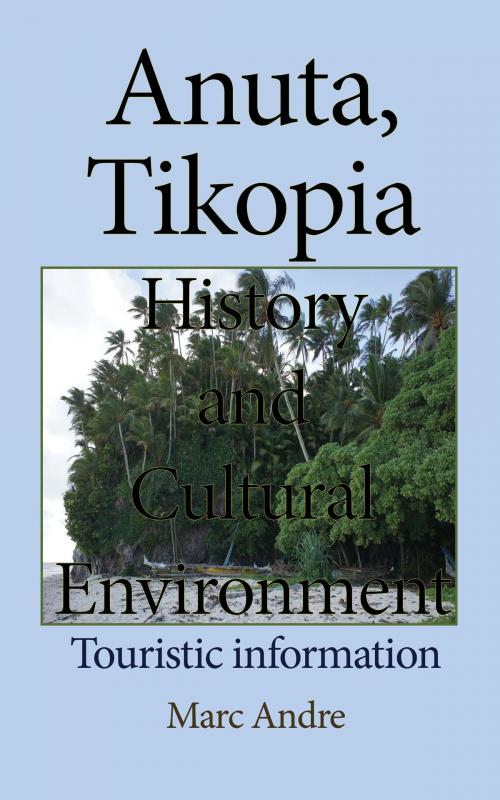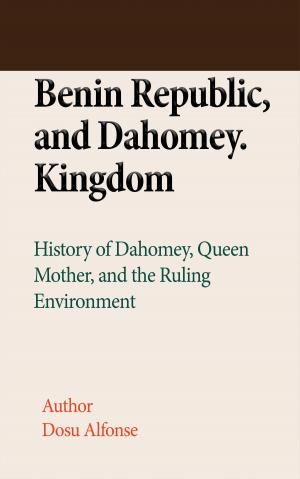Anuta, Tikopia History and Cultural Environment: Touristic information
Nonfiction, History, Australia & Oceania, Travel| Author: | Marc Andre | ISBN: | 9781370031429 |
| Publisher: | Jean Marc Bertrand | Publication: | October 25, 2017 |
| Imprint: | Smashwords Edition | Language: | English |
| Author: | Marc Andre |
| ISBN: | 9781370031429 |
| Publisher: | Jean Marc Bertrand |
| Publication: | October 25, 2017 |
| Imprint: | Smashwords Edition |
| Language: | English |
Anuta, Tikopia History and Cultural Environment. Touristic information. This Book has the entire information on Anuta, Tikopia. Anuta has three types of corporate groups. In increasing order of inclusiveness, these are the patongia, kainanga (clans), and kanopenua. Members are recruited to these units on the basis of patrilineal descent and aropa, or positive feelings as expressed through economic support and cooperation. The patongia is the elementary Domestic unit (see above). There are four kainanga, each of which consists of a group of patongia that trace descent through a line of males to a founder about nine generations ago. The kanopenua is the entire population, including all persons born to Anutan fathers and any long-term visitors who have been incorporated into one of the patongia. The term pare, or "house," may denote a patongia or a group of related patongia. Kano a paito can be synonymous with pare, or it may refer to a "kindred." If unqualified, kano a paito refers to paternal kin; the maternal kindred is te kano a paito i te paai o te papine, "the kindred on the woman's side
Anuta, Tikopia History and Cultural Environment. Touristic information. This Book has the entire information on Anuta, Tikopia. Anuta has three types of corporate groups. In increasing order of inclusiveness, these are the patongia, kainanga (clans), and kanopenua. Members are recruited to these units on the basis of patrilineal descent and aropa, or positive feelings as expressed through economic support and cooperation. The patongia is the elementary Domestic unit (see above). There are four kainanga, each of which consists of a group of patongia that trace descent through a line of males to a founder about nine generations ago. The kanopenua is the entire population, including all persons born to Anutan fathers and any long-term visitors who have been incorporated into one of the patongia. The term pare, or "house," may denote a patongia or a group of related patongia. Kano a paito can be synonymous with pare, or it may refer to a "kindred." If unqualified, kano a paito refers to paternal kin; the maternal kindred is te kano a paito i te paai o te papine, "the kindred on the woman's side















